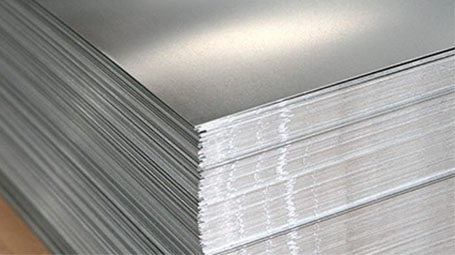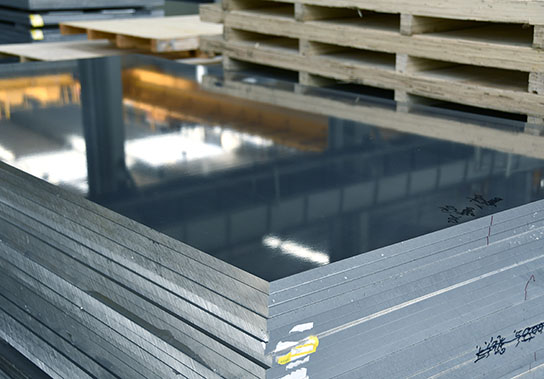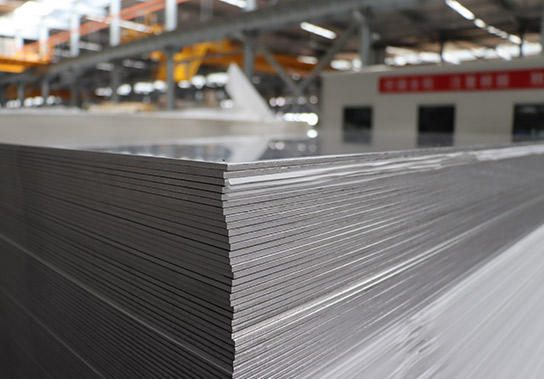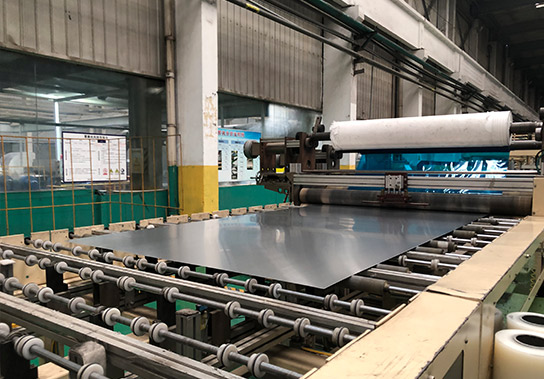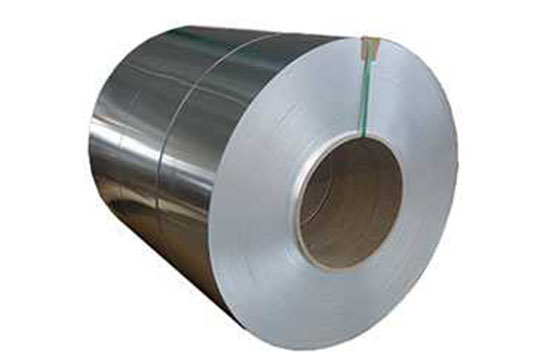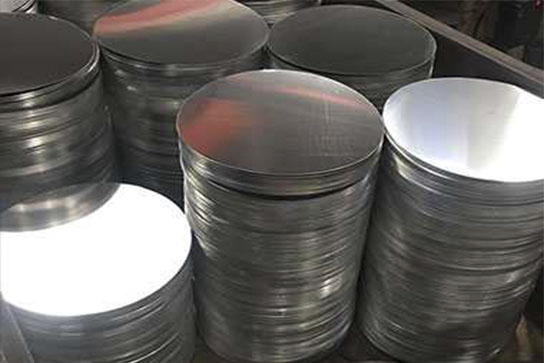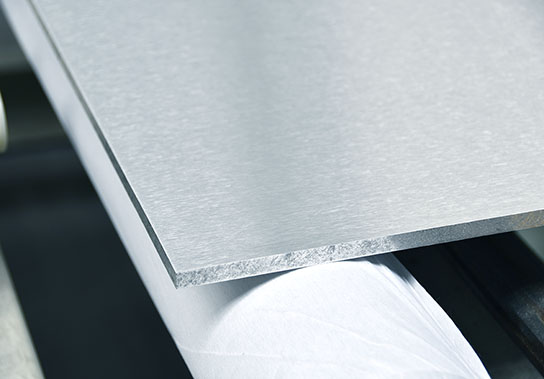Aluminum Coil for Sandwich Panel
In the world of construction and industrial design, efficiency and durability are critical. One material that stands out for its performance in building applications is the “aluminum coil for sandwich panel.” This versatile material is widely used in the production of sandwich panels, which are essential in modern construction for their insulation properties and structural strength. This article explores the key aspects of aluminum coils used in sandwich panels, including commonly used alloys, specifications, and the benefits of aluminum sandwich panels.
Understanding Aluminum Coil for Sandwich Panels
Aluminum coils used for sandwich panels are crucial components in the construction industry. These coils are primarily made from aluminum alloy, which is processed into thin, rolled sheets that can be easily used in panel production. The main advantage of using aluminum coils is their ability to provide a lightweight yet strong material, which is ideal for creating panels that are both durable and easy to handle. The coils are usually coated to enhance their durability and appearance, ensuring long-lasting performance in various environmental conditions.
Common Alloys and Specifications
When it comes to aluminum coils for sandwich panels, several specific alloys are frequently used. The most common ones include:
3003 Aluminum Alloy: Known for its excellent corrosion resistance and formability, the 3003 alloy is widely used in the production of aluminum coils for sandwich panels. It offers a good balance of strength and flexibility, making it suitable for a range of applications.
5052 Aluminum Alloy: This alloy is valued for its high strength and resistance to marine environments. It is particularly useful in sandwich panels that are exposed to harsh weather conditions or corrosive substances.
6061 Aluminum Alloy: Featuring high strength and good mechanical properties, the 6061 alloy is used in applications that require enhanced structural performance. Its versatility makes it a popular choice for sandwich panel production.
1100 Alloy: Known for its excellent workability and corrosion resistance, the 1100 alloy is often used in decorative applications where aesthetic appeal is important.
These alloys are available in various specifications, including different thicknesses and widths, to meet the specific requirements of sandwich panel production.
Aluminum coil for sandwich panel
Aluminum Sandwich Panels: Benefits and Applications
Aluminum sandwich panels consist of two thin layers of aluminum sheet with an insulating core material in between. This structure provides several advantages:
Thermal Insulation: The core material, often made from polyurethane or mineral wool, provides excellent thermal insulation, helping to regulate temperatures within buildings.
Sound Insulation: The panel’s construction also offers effective soundproofing, reducing noise transmission between spaces.
Structural Strength: The combination of aluminum sheets and the core material results in a strong, lightweight panel that is easy to install and resistant to impact.
Aesthetic Flexibility: Aluminum panels can be finished in various colors and textures, allowing for a wide range of design options in both commercial and residential buildings.
These panels are used in various applications, including building facades, interior walls, and roofing systems, due to their durability and aesthetic appeal.
